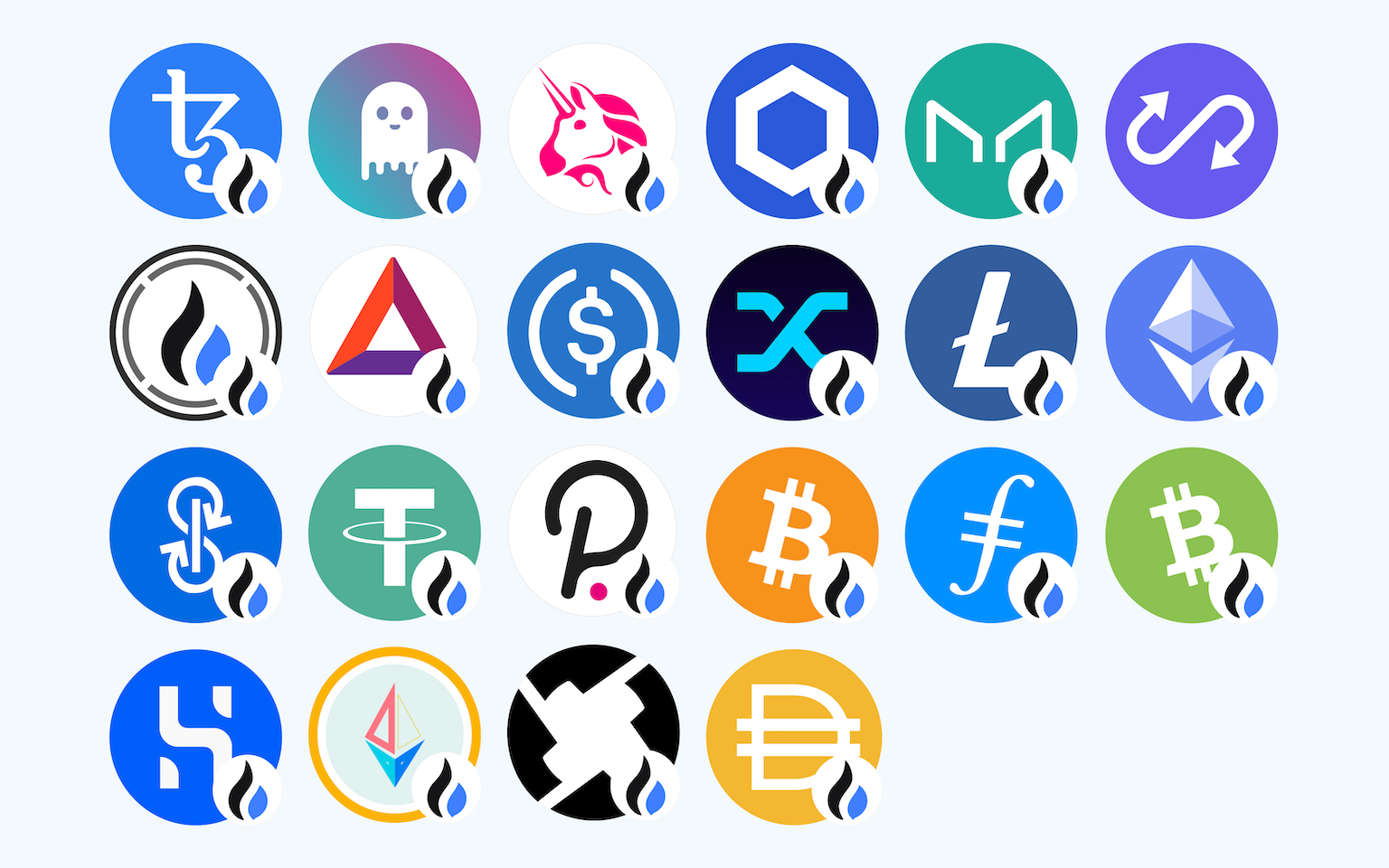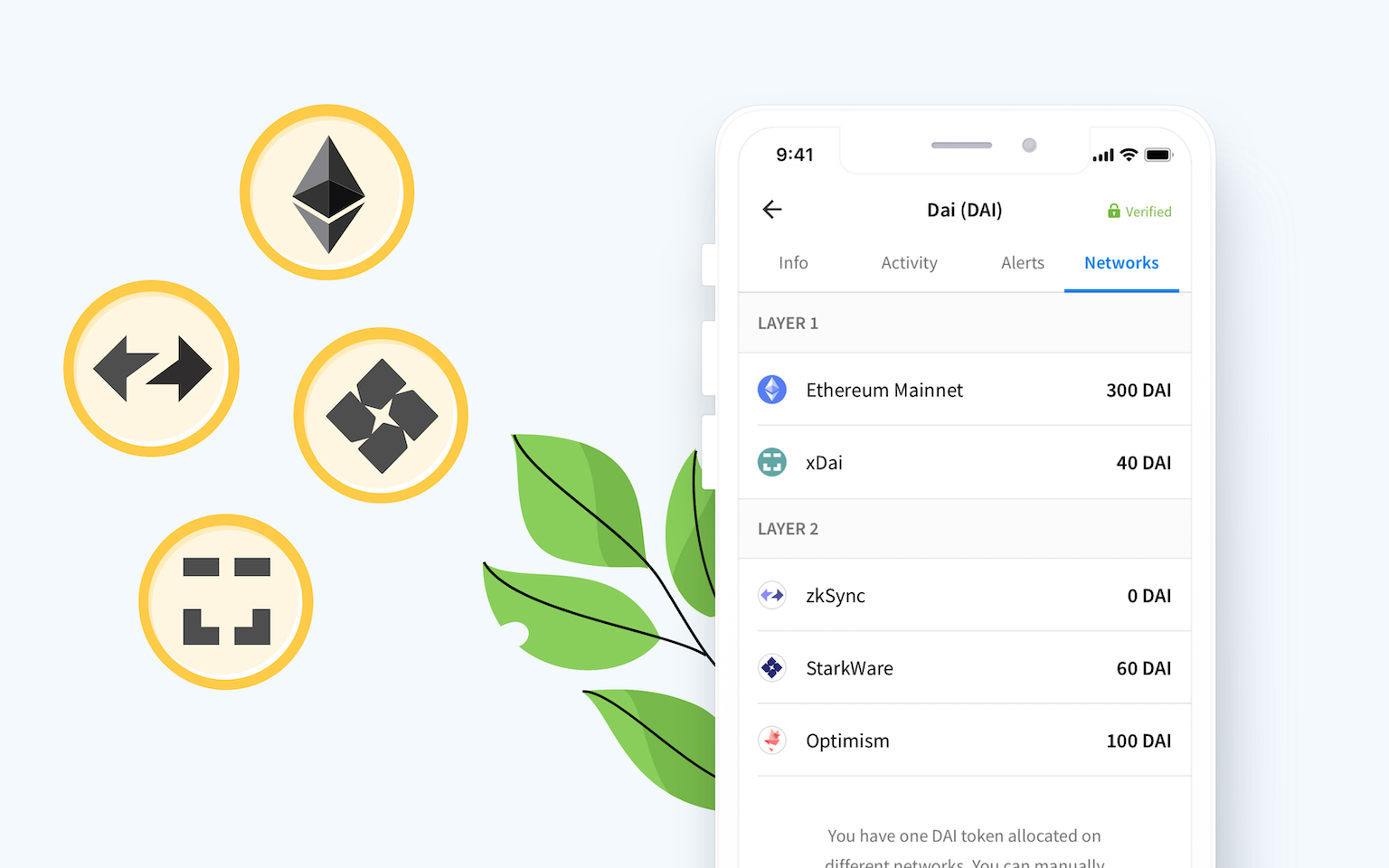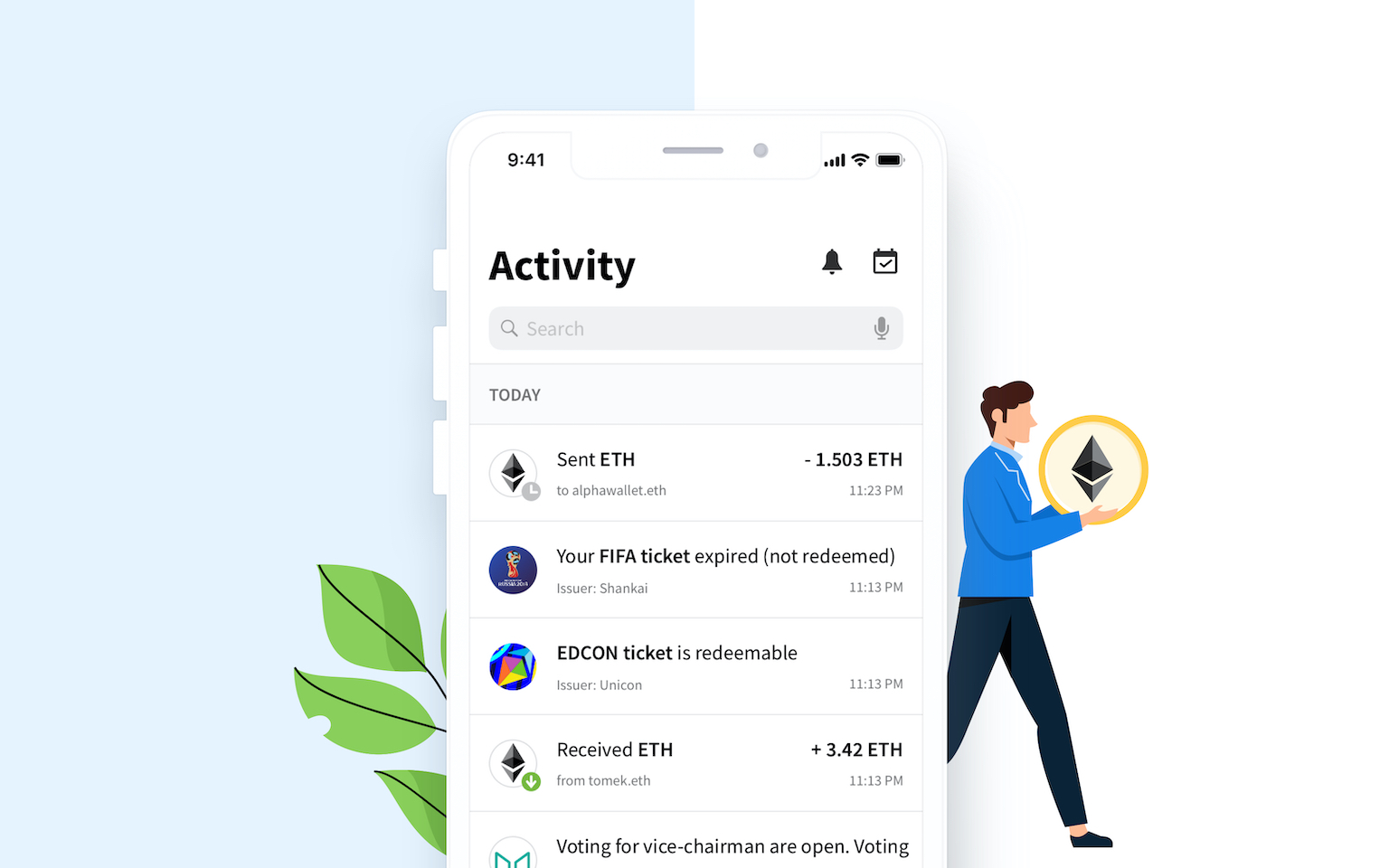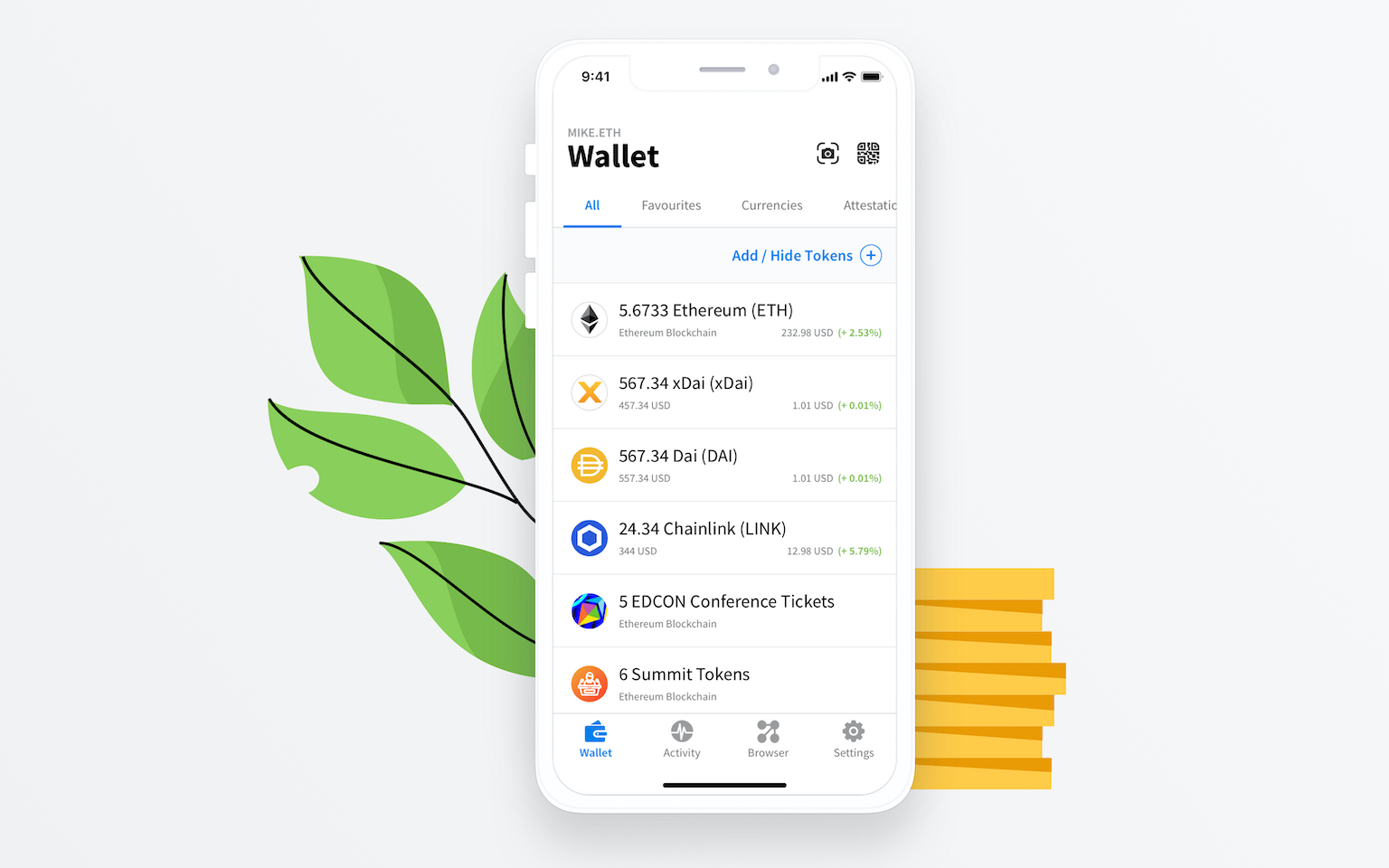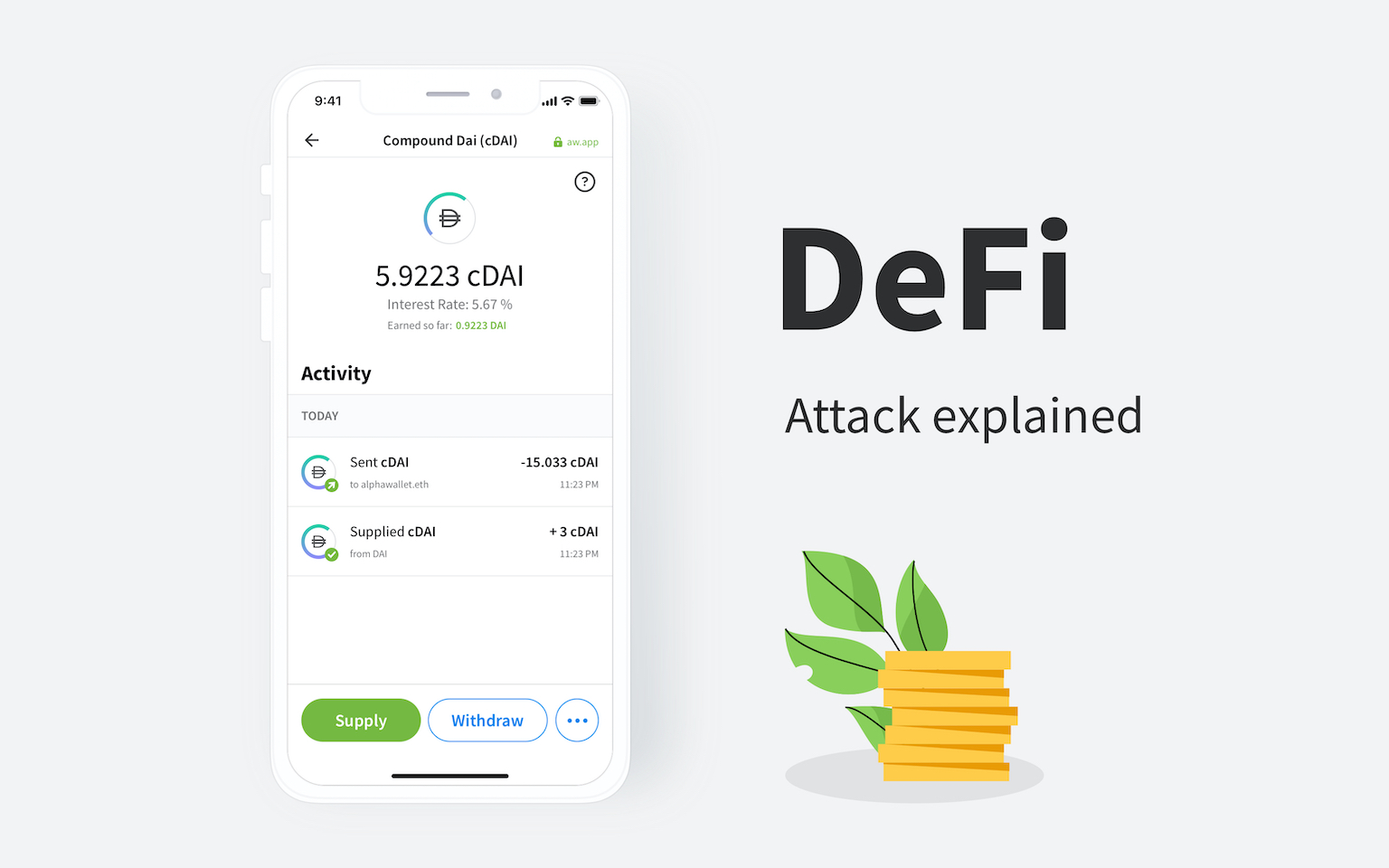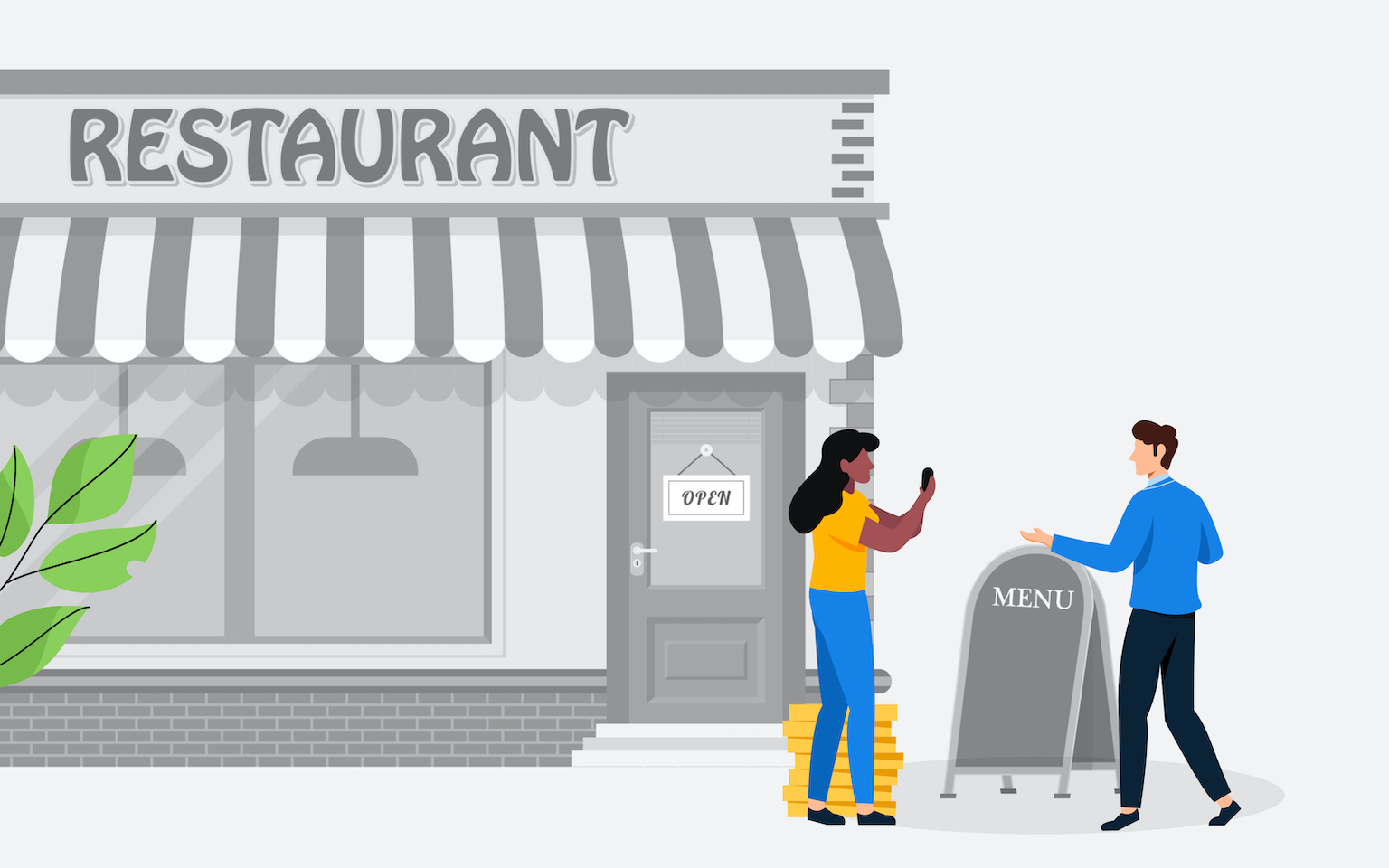Startups in the blockchain era
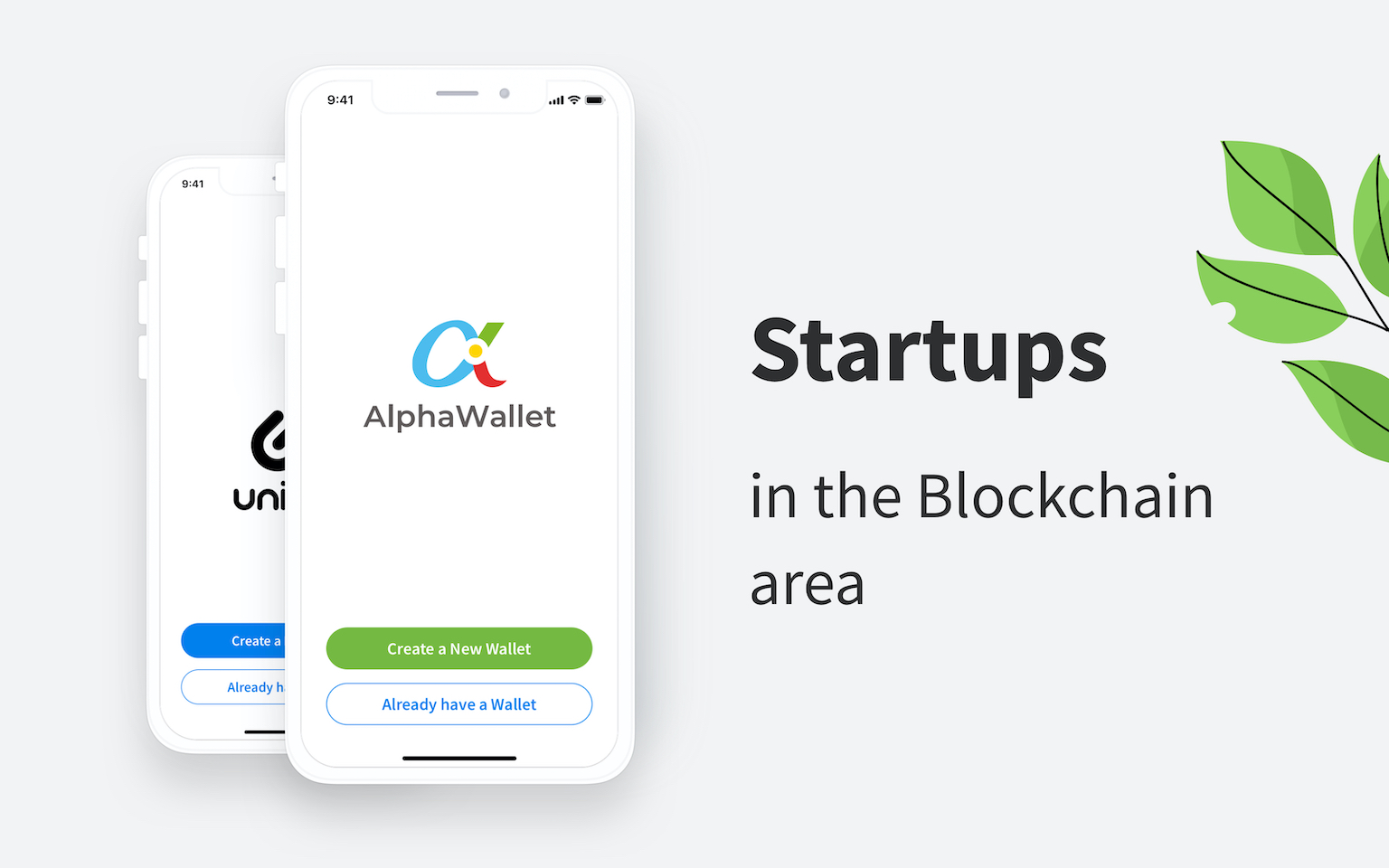
Summary
With the recent interest in issuing World Cup 2018 Russia tickets and EURO 2020 event VIP tickets on open blockchains, people are just beginning to experience what is possible with this technology. To better understand the opportunities we begin by revisiting the classic marketplace and associated frictions/problems, then show the benefits/opportunities when barriers to the free market are once again brought down.
Bricks-and-mortar
Early marketplaces and shopping streets gave people the convenience of discovering a variety of goods and services in the same area.

What started as a convenience soon hindered the free market, and brought higher costs to both buyers and sellers.
Dot com boom
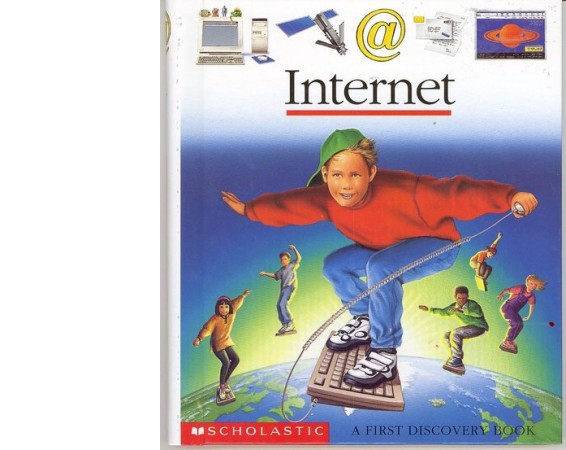
Thanks to PCs, browsers, and websites; people could once again discover independent shop owners wherever they were located. For convenience, online platforms emerged to bring together multiple sellers, but once again independent online shops suffered with less visits. In time, powerful platforms would extract more and more value from the market, raising costs for both buyers and sellers.
Furthermore, multiple online platforms makes the market less efficient. For more reach, sellers have to list products on each platform. For more choice, buyers have to search multiple platforms.
For example, a driver creating profiles on several ride-sharing platforms to see which provides the most jobs. Similarly, a passenger searching for the same journey on multiple platforms to find the best rate.
After the honeymoon of convenience, buyers and sellers suffer from increased costs and increased friction relative to the free market.
Requirements
To move back towards the free market of “unrestricted competition between privately owned businesses”, everyone must have the ability to freely and independently:
- create a verifiable offer for what they want to buy/sell
- find the best corresponding offers to sell/buy
- verifiably transact with an offer
- Bonus: freely integrate with any offer type
And most certainly:
- does NOT monopolistically distort the free market with increased costs to buyers and sellers
- does NOT add friction to the free market with decreased efficiency for buyers and sellers
A Solution
What is needed are for offers to be independent of any one platform. Both accessible and actionable from anywhere.
Platforms will facilitate sharing and discovery, but since access to offers is possible anywhere, a single platform cannot begin to hold a market captive.
What is needed to achieve this?
Unique identifiers and signing
Instead of a user account on each platform, people control globally unique identifiers or “keys”. With this they can prove creation and ownership of offers (and other rights), also unequivocally sign-off any actions.
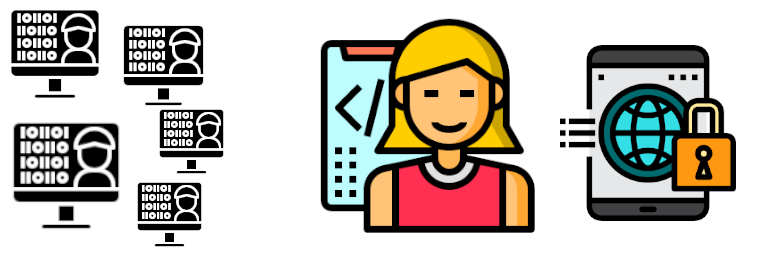
Achieving this required fundamental cryptography that has been in active use since the the 70’s. Development in this field is ongoing, and in most digital applications today.
Introducing the Token
Custom coins/tickets largely existed in non-digital form; think laundries, game arcades, and public transport. With Web3 technologies, like the Ethereum blockchain, we are able to capture the same properties (and more) digitally and globally; the most important being free from lock-in to any one business platform.
A company with the technical know-how might create a token type representing a ticket to an event (eg: WorldCup2018, EURO2020), and then sell these tokens on their site. Someone who buys a token holds the right to redeem it (access to the event), or can choose to transfer or resell it elsewhere.
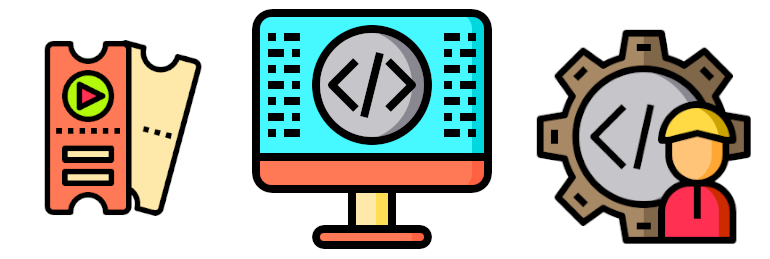
An important distinction with Web3 tokens is that logic exists as code and can enforce desired conditions when interacting with the token. For example, a limit to the number of times a token can be resold, or a discount if you hold a specific membership token. This logic is a powerful part of tokens.
Token Issuers can create a token type with desired logic. Token holders can independently use and transfer their tokens according to this predefined logic.
For those who have heard of the Ethereum blockchain, this low-level logic is written into “smart contracts”, and execution done on the Ethereum Virtual Machine (EVM). The first blockchain (Bitcoin) has been running since 2009, and Ethereum development has been very active since 2015.
Ease-of-use and confidence
What is motivating alongside advances in technology are the real-world applications where people can benefit people from it. Getting the benefits into peoples’ hands means that tokens must be easy to use, and that people are confident with the results of their actions.
With token smart contracts outside of central control, people need a clear and correct way to use them. Something that:
- defines a minimal user interface to present information and actions specific to the token holder
- correctly assembles a call to the token smart contract when requested.
- can be verified as being signed by a person with a particular unique identifier (probably the token issuer)
AlphaWallet is developing the TokenScript standard to achieve this securely and in an extensible way.
Mobile/Browser use
These minimal scripts on top of a token smart contract can be referenced together in a more conventional app/web application. In the same way that a website provides an interface to a server’s data and logic, a decentralised application (DApp) provides a full-interface as well as business logic that makes use of relevant tokens.
Business-controlled vs Open and Permissionless
Putting the existing centralised solutions alongside emerging decentralised token solutions really shows the trajectory towards far greater opportunities.
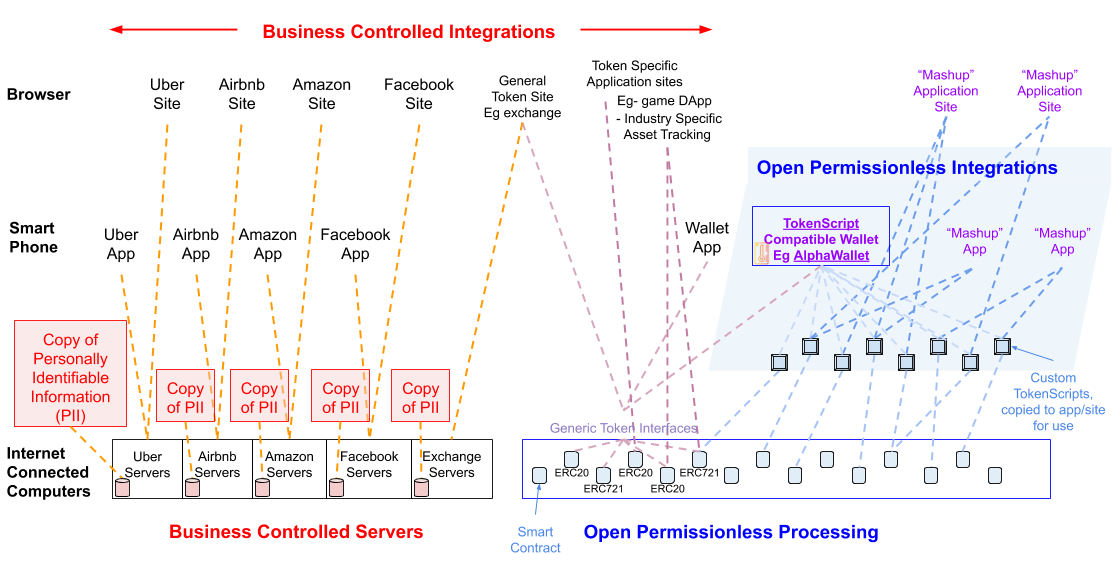
Business as usual
On the left we have business as usual. Businesses create a website/app that connects to their central server. People must create accounts with personal information for each service, and each business holds personal information of many people.
If you create an offer on one business site, it is not readily recognised in another. For that to happen businesses must first agree to co-operate, then create the technical integration between them. Alternately one business creates an API for others to access and integrate with, but the primary business has complete control of all privileges.
Going back to the example of marketplaces, people have to create an account and then create offers on a chosen platform. To share the same offer on another platform, they have create an account and duplicate offer there too, and so on for any others. Sharing offers between platforms is not default behaviour, and requires both business agreement, and technical development.
People are forced to duplicate effort, and cannot readily manage their data across multiple platforms.
Open and Permissionless
The following model has been used towards high-value ticketing applications (WorldCup2018, EURO2020), but there are even greater benefits on the horizon.

Token smart contracts enable independent verifiable interactions between unique identifiers, but this is not so user friendly. TokenScript provides business logic and a user interface for the token to make this easier. People interact with the token user interface via a wallet/app that supports TokenScript
Token providers do not lock token-holders to their site.
For the example of EURO2020 VIP tickets, the Shankai Sports app (which supports TokenScript), renders a ticket-holder’s token and provides an interface to interact with them. Although the TokenScript of a ticket is rendered in the Shankai Sports app, it can equally be rendered and used in the AlphaWallet app, or any other app that supports TokenScript.
An ancillary benefit is the ability to provide proof of token ownership without extra integration, and for this proof to be independently verified and recognised, without lock-in.
This allows other businesses to provide special offers exclusively to token-holders, without additional integration work. For example, any hotel provider, insurance provider, flights or transport provider, can offer exclusive discounts to EURO2020 VIP token-holders without special permissions or integrations. More on this integration point below.
Where to start-up?
Looking again at the requirements…
Everyone must have the ability to freely and independently:
- create a verifiable offer for what they want to buy/sell
- find the best corresponding offers to sell/buy
- verifiably transact with an offer
- Bonus: freely integrate with any offer type
Create
In the examples of WorldCup2018 and EURO2020, this is still handled by the businesses for original ticket sales. But there will be a growing need for more and more businesses to issue tokens for their offerings.
Find
Taking the domain of delivery services, there are opportunities for matching delivery requests with those who can deliver, without needing to be responsible for processing transactions. Although the conventional thought might be: “How will I clip the ticket?”, I defer the answer to the “integrate” point below where creative solutions will dominate in each product’s specific domain.
Transact
With a TokenScript signed by a token issuer, any interface that supports TokenScript will be able to render and correctly execute actions with tokens.
Integrate (here there be unicorns…)
This is where it is definitely NOT business as usual. Businesses that think creatively about combining and connecting goods/service (via tokens) valued by their customers, will unlock liquidity in their domain exponentially.
AlphaWallet and TokenScript
Each time a network has connected people, there has been exponential developments on top of them. Telephone (comms), internet (data), now blockchain (value), this is only the beginning.
If you would like further info, don’t hesitate to get in touch.
More on Blog
